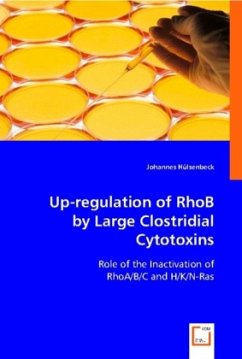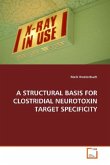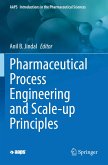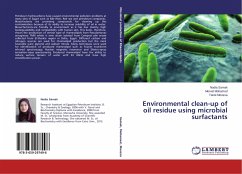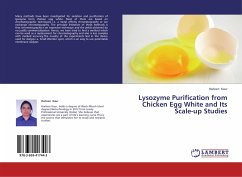Clostridium difficile toxins A (TcdA) and B (TcdB) are mono-glucosyltransferases that inactivate RhoA, Rac1, and Cdc42. By these means, the toxins cause actin re-organisation (cytopathic effect) and apoptosis (cytotoxic effect). The cytotoxic effect has generally been attributed to the inactivation of RhoA. Treatment of cultured cells with Clostridium difficile toxin A (TcdA) also causes RhoB up-regulation. This study focuses on the up-regulation of RhoB and its functional consequences in toxin-treated cells.RhoB is up-regulated after treatment of fibroblasts with RhoA/B/C (TcdB, C. limosum C3) or H/K/N-Ras (C. sordellii lethal toxin) inactivating toxins. The up-regulation is based on transcriptional activation. p38 MAP kinase is identified as enhancer of RhoB up-regulation. Finally, RhoB is found to regulate TcdB-induced apoptosis.
Bitte wählen Sie Ihr Anliegen aus.
Rechnungen
Retourenschein anfordern
Bestellstatus
Storno

